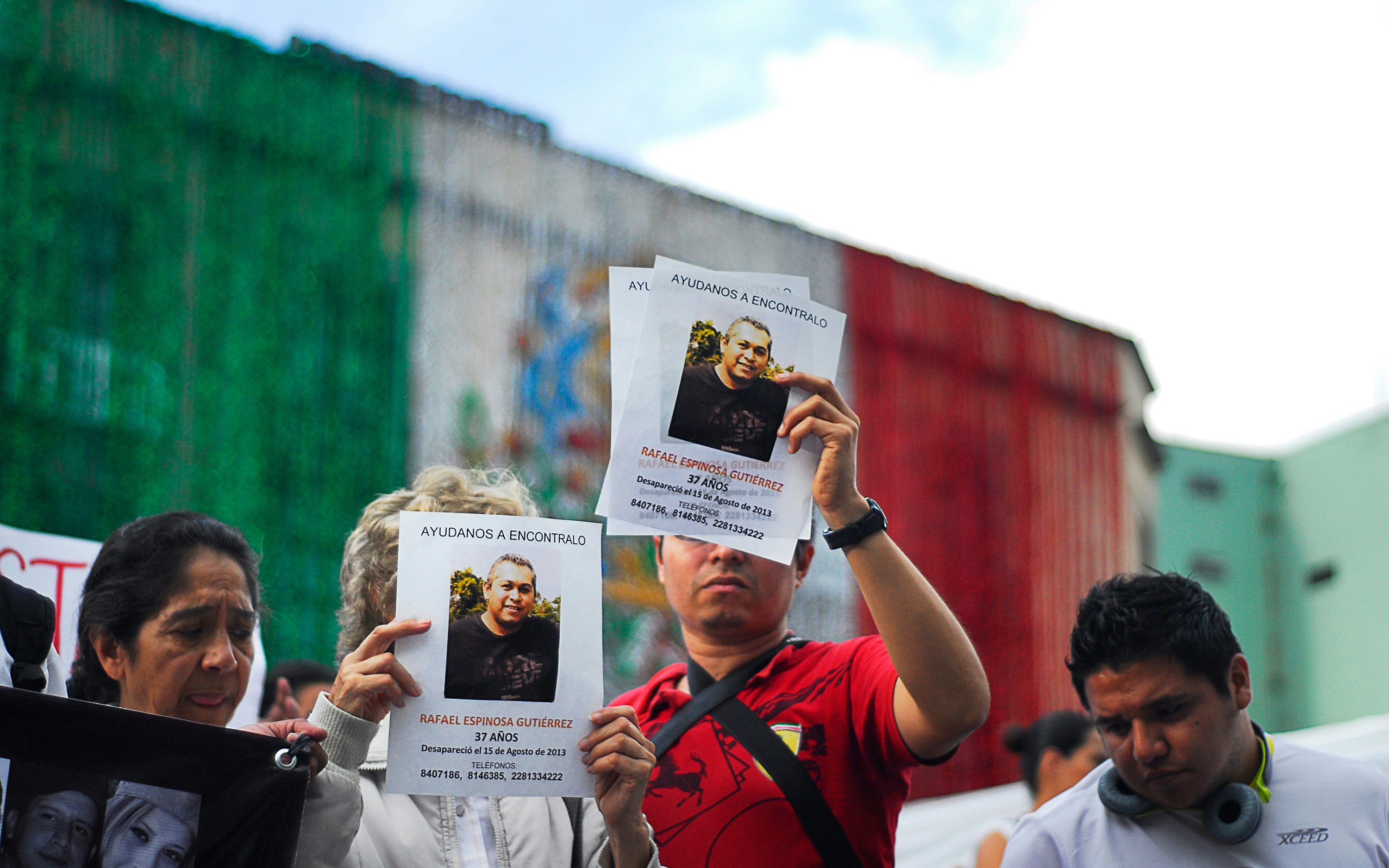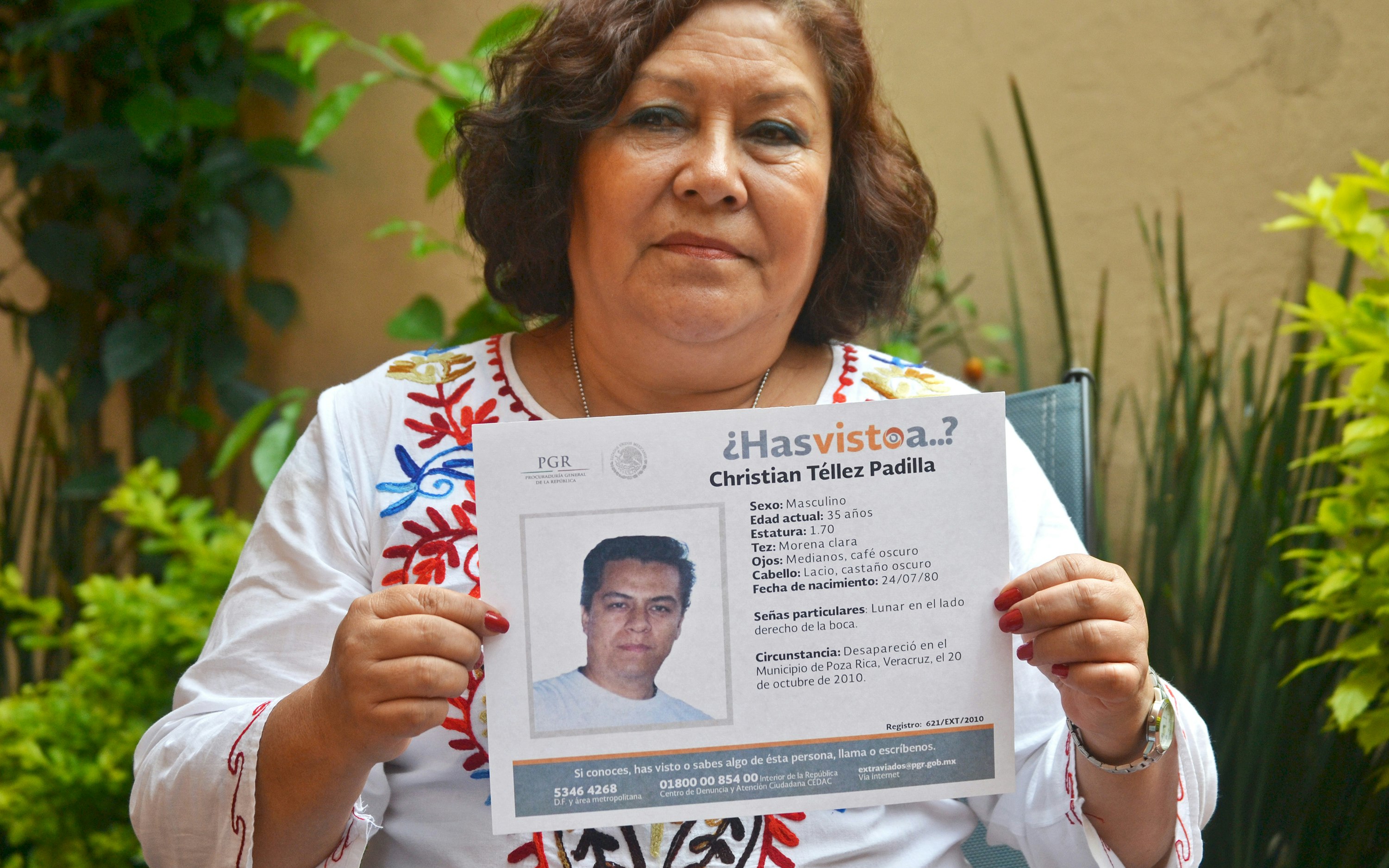Rights Groups Urge Mexico to Adopt Proposed Advisory Council to Fight Impunity
NEW YORK—A group of Mexican and international human rights and law groups today welcomed recommendations from the UN’s top human rights official which urge Mexico to establish an advisory council to spearhead the fight against impunity for serious crimes.
The proposed “Advisory Council of renowned experts in the field of human rights and the fight against impunity”, heads a series of recommendations made to Mexico following last October’s official visit to the country by the UN High Commissioner for Human Rights, Zeid Ra’ad.
According to the recommendations, the advisory council would assess the current levels of impunity prevailing in Mexico, devise a roadmap to end impunity, monitor and evaluate implementation of the plan, and publicize its findings.
The groups welcoming this proposal include: the Open Society Justice Initiative, the Mexican Commission for the Defense and Promotion of Human Rights (Comisión Mexicana de Defensa y Promoción de los Derechos Humanos), the Diocesan Center for Human Rights Fray Juan de Larios (Centro Diocesano para los Derechos Humanos Fray Juan de Larios), I(dh)eas Human Rights Strategic Litigation (I(dh)eas Litigio Estratégico en Derechos Humanos), Foundation for Justice and Rule of Law (Fundación para la Justicia y el Estado Democrático de Derecho), Citizens for Human Rights (Ciudadanos en Apoyo a los Derechos Humanos, CADHAC).
In a joint statement, they said: “The creation of such a Council, which must include international experts to ensure its credibility and independence, represents a vital step towards the establishment of an internationalized investigative body, based in Mexico, and empowered to independently investigate and prosecute atrocity crimes, as well as cases of grand corruption.”
In its initial response to the OHCHR recommendations, the Mexican government characterized the proposed advisory council as a “national human rights mechanism,” which is both different from the High Commissioner’s recommendation and clearly inadequate to address the rampant violence and injustice in Mexico.
The government response also listed a number of existing institutions tasked with ensuring the effective investigation and prosecution of human rights abuses and serious crimes.
The shortcomings of many of these existing national institutions were criticized for their inability to conduct effective investigations and prosecutioin in a report issued in June by the Justice Initiative and several other groups, Undeniable Atrocities: Confronting Crimes Against Humanity in Mexico. These failures have been exemplified in the botched investigation into the disappearance of 43 students in the state of Guerrero in September 2014.
The human rights and law groups welcomed the broad scope and ambition of the High Commissioner’s recommendations, and urged the Mexican government to seize this opportunity to work with the UN to bring about meaningful change.
In particular, they urged both parties to explore the involvement of independent international experts in the advisory and investigative bodies that are under discussion here, which would substantially improve their capacity to challenge existing structures that have contributed to impunity in the past.
Robert Varenik, acting executive director of the Open Society Justice Initiative, said: “Past experience in Mexico and elsewhere around the region has shown us that acceptance of country-based internationalized mechanisms for the pursuit of justice for atrocity crimes and corruption can provide critical strategic and technical supportand accountability—which local officials need to meet this enormous challenge. Without this element, it can be hard or even impossible to break up the power structures that perpetuate impunity.”
Related Work
Case Watch: A Mother’s Search for Her Son Leads to Groundbreaking Decision on Disappearances in Mexico
In a major victory for the hundreds of disappeared people and their loved ones in Mexico, the nation’s highest court recognized the mandatory nature of urgent actions issued by the UN Committee on Enforced Disappearances.

Human Rights Groups Alert U.N. to Alarming Actions by Mexican Prosecutors
More than 120 human rights groups and individuals are warning the U.N. about alarming trends emerging from Mexico’s new national Prosecutor General’s Office and the State’s Prosecution services.
Case Watch: UN Finds Mexico Responsible for Man’s Disappearance, Relies on Witness’s Word
There are more than 40,000 people who are missing in Mexico. One family’s journey to find out what happened to their son could help others seeking justice.
